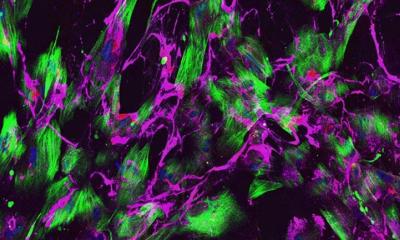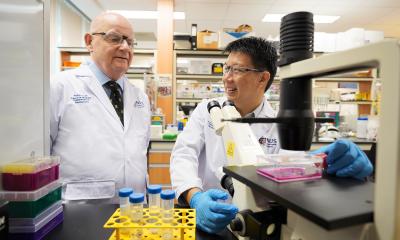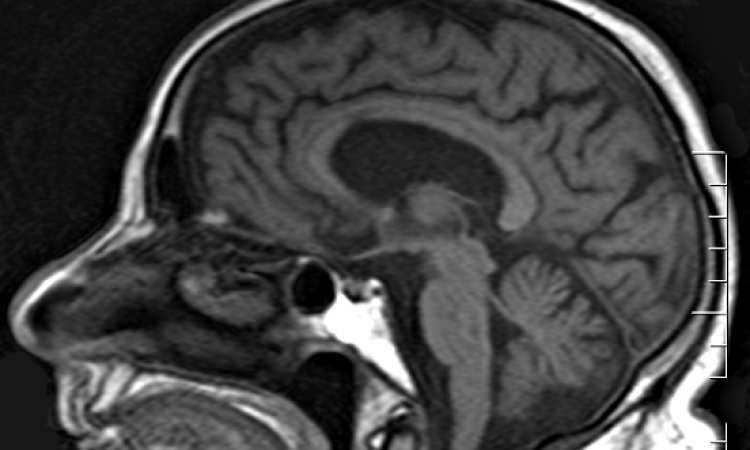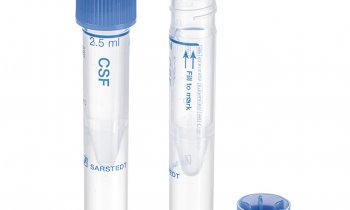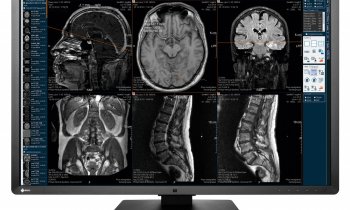News • Christmas isolation
Holiday loneliness can be harmful to seniors’ health
The holidays are supposed to be a happy time of the year, but many isolated seniors often are left feeling lonely — which can be harmful to their health.
Loneliness is linked to serious medical conditions, including Alzheimer’s disease, stroke and heart disease as well as a higher risk of premature death. But loneliness can be easily overlooked as a health risk because healthcare providers can neglect asking their older patients about their social lives, and many older adults are too proud or embarrassed to ask for help, experts say. When Cedars-Sinai physicians and nurses who specialize in caring for older adults screen their patients for isolation during comprehensive geriatric physical exams, they find that more than one-third are lonely.
“Loneliness is a significant issue among older adults, robbing them of their ability to live vibrant, independent lives as they age,” said Sonja Rosen, MD, associate medical director, Geriatric Care Programs and chief of Geriatric Medicine for Cedars-Sinai Medical Group. “But it doesn’t have to be this way.” To tackle loneliness over the holidays, Rosen and her colleagues at Cedars-Sinai suggest the following:
- Search online listings. Throughout the holiday season, recreation centers, libraries, museums, places of worship and local colleges host free and low-cost community events.
- Reach out. The holidays are a good excuse for seniors to call and catch up with friends and family. Younger family members and friends can make a point of stopping by a senior’s house for a quick visit.
- Explore both new and familiar hobbies. Sign up for that art class you’ve always wanted to take, or offer to teach younger relatives and neighbors how to cook a favorite dish.
- Seek medical advice. If these tips don’t seem to work, a geriatrician can connect seniors to other resources and potential treatments.
As part of its ongoing work with seniors, Cedars-Sinai in January will offer new, free exercise and health-management classes aimed at helping older adults in the community stay connected and active. Cedars-Sinai has partnered with Jewish Family Service to host both the exercise and health classes at local community organizations for Cedars-Sinai patients and other community seniors in need.
Fear of falling is a big reason older people don’t leave the house
Allison Mays
The exercise class, developed by the Arthritis Foundation, features a workout with weightlifting, stretching and balance exercises that can be adaptable to any level of fitness. The program has been proven to increase seniors’ strength and balance and decrease their risk of falling, according to the Centers for Disease Control and Prevention. The group activity fosters friendship among classmates while increasing their confidence. “Fear of falling is a big reason older people don’t leave the house,” said geriatrician Allison Mays, MD, MAS. “We hope the exercise program will help older adults enjoy better health as they see fewer falls and trips to the emergency room.”
The chronic disease self-management classes will cover topics such as how to manage medications and communicate with one’s doctor. This course aims to empower seniors to independently handle their health issues while forging connections with others in their situation. Older patients experiencing loneliness often need to be treated for issues related to social isolation, such as functional decline, falls, malnutrition and depression. Cedars-Sinai geriatricians connect these individuals to a range of community resources to help meet their needs at home. “We want our older adults to maintain mobility and have more momentum in their lives,” said geriatrician Elizabeth Whiteman, MD. “We want them to preserve their independence and continue living where they want to live.”
To join one of the classes, seniors should call 310-385-3511.
Source: Cedars-Sinai
15.12.2017



